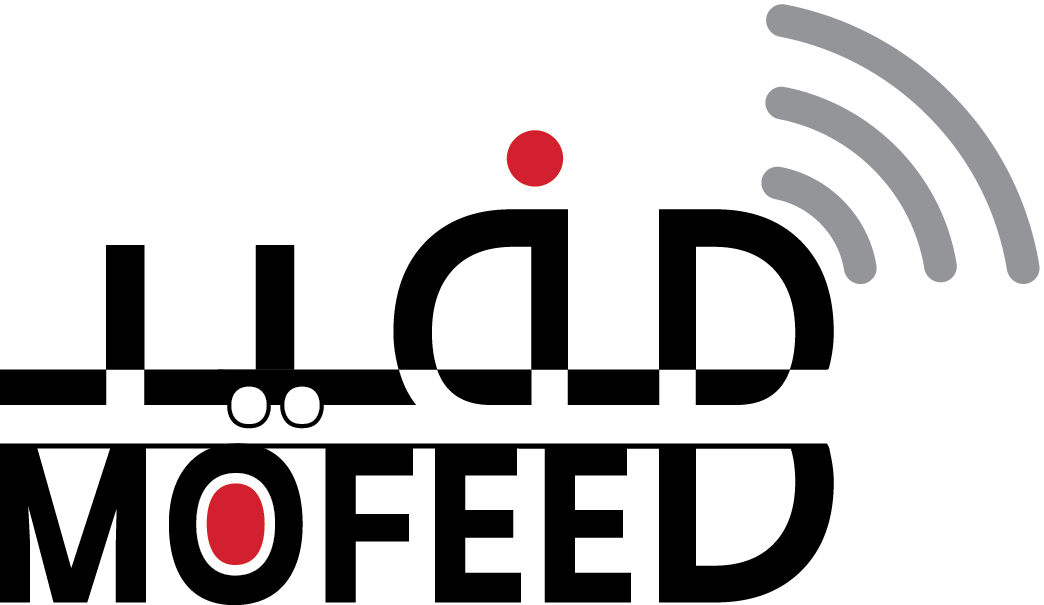COVID-19 Outcomes Among Rheumatic Disease Patients in Kuwait: Data from the COVID-19 Global Rheumatology Alliance (C19-GRA) Physician Registry
International Journal of Rheumatic Diseases This article assesses the characteristics of inflammatory rheumatic disease (IRD) patients in Kuwait diagnosed with COVID-19 and the factors linked with hospitalization, complications, and mortality. Journal Article
Read More